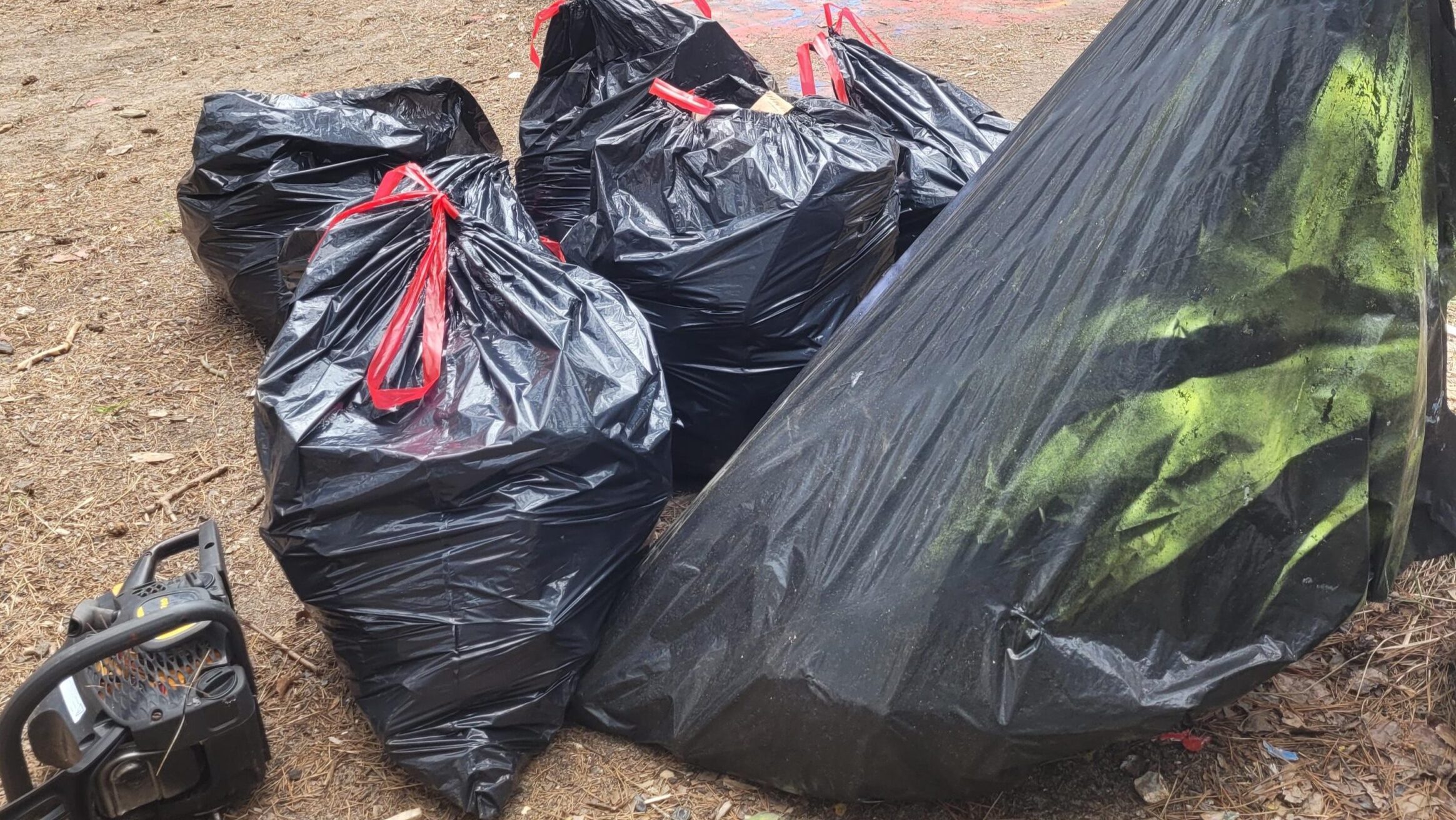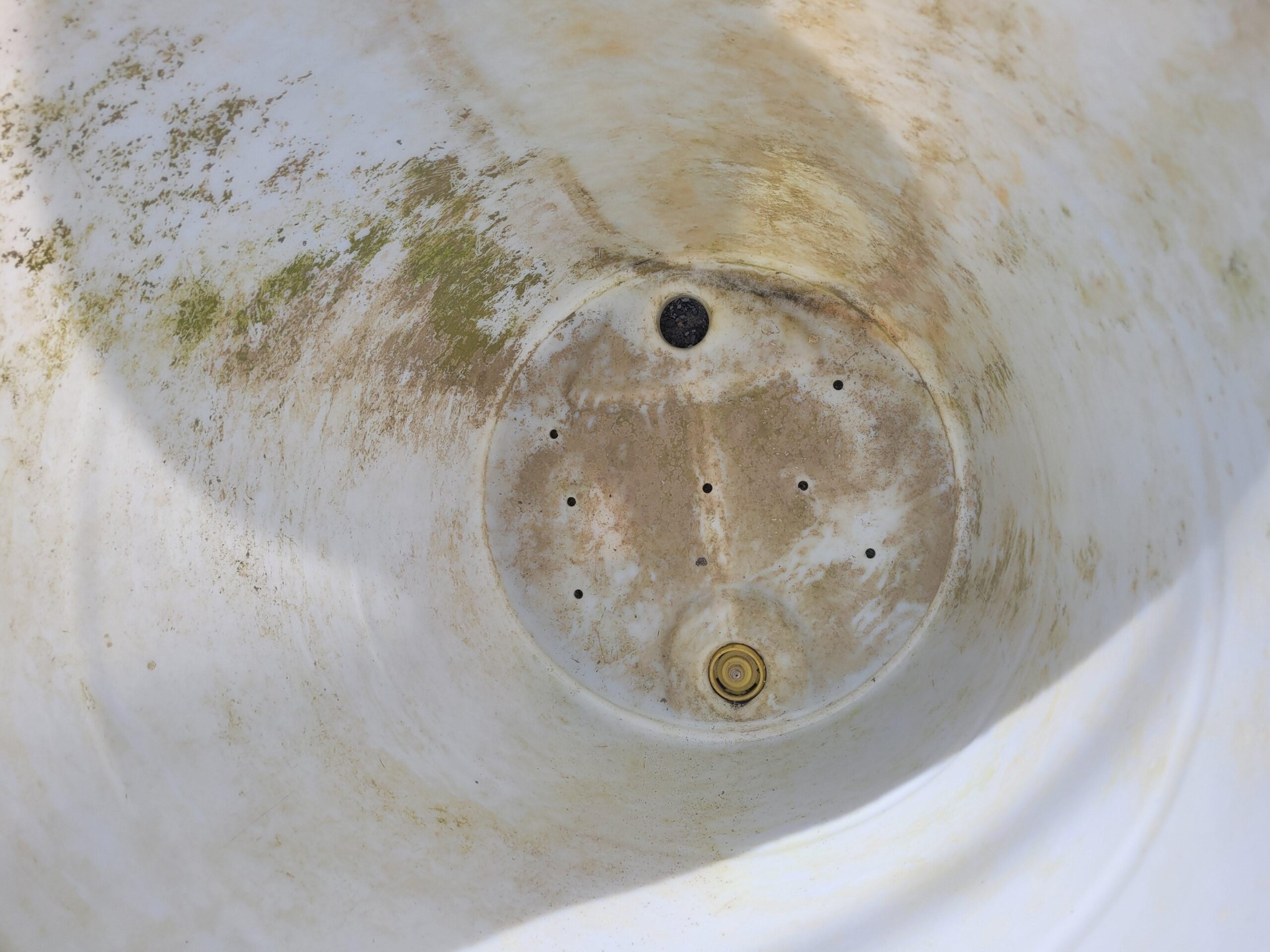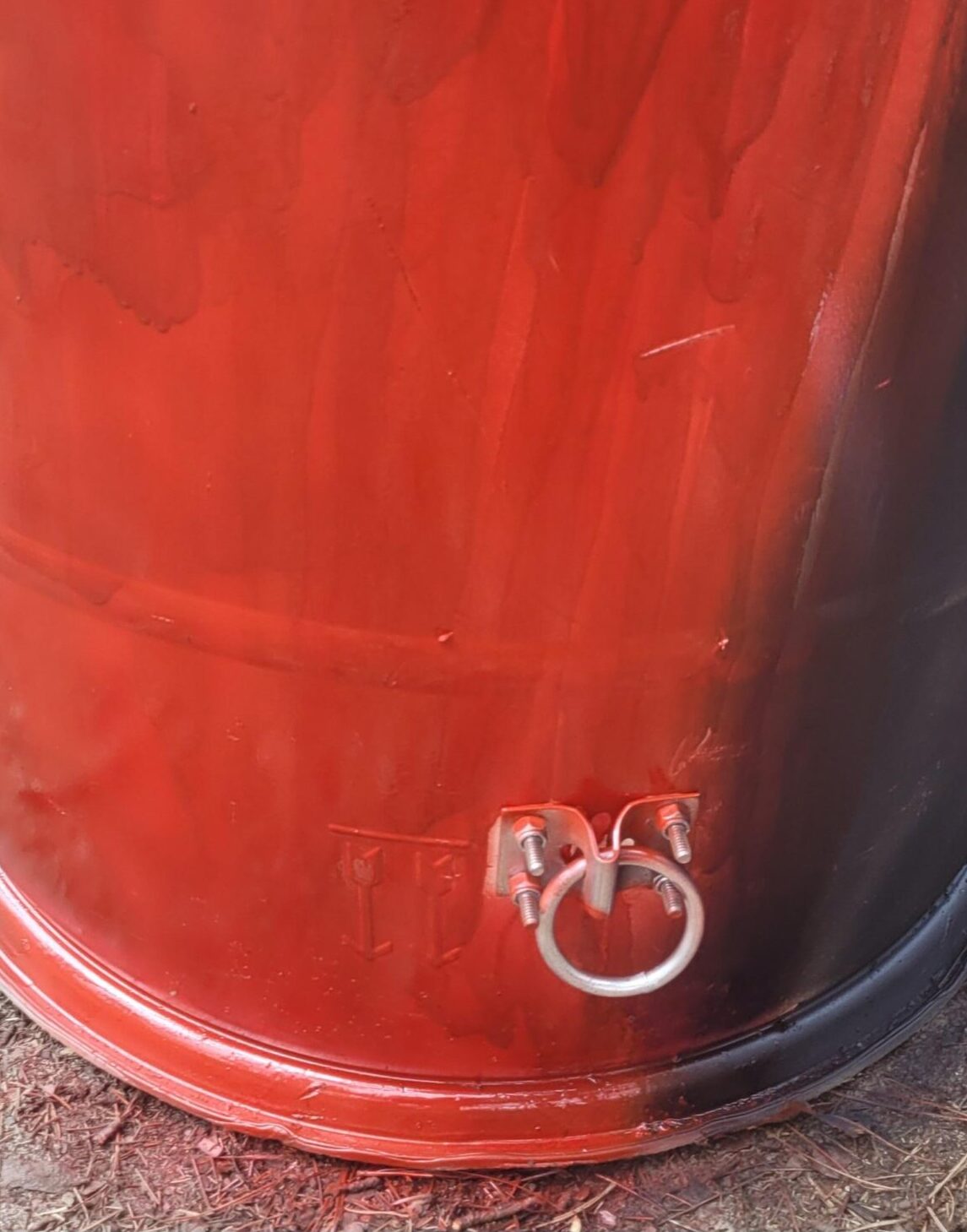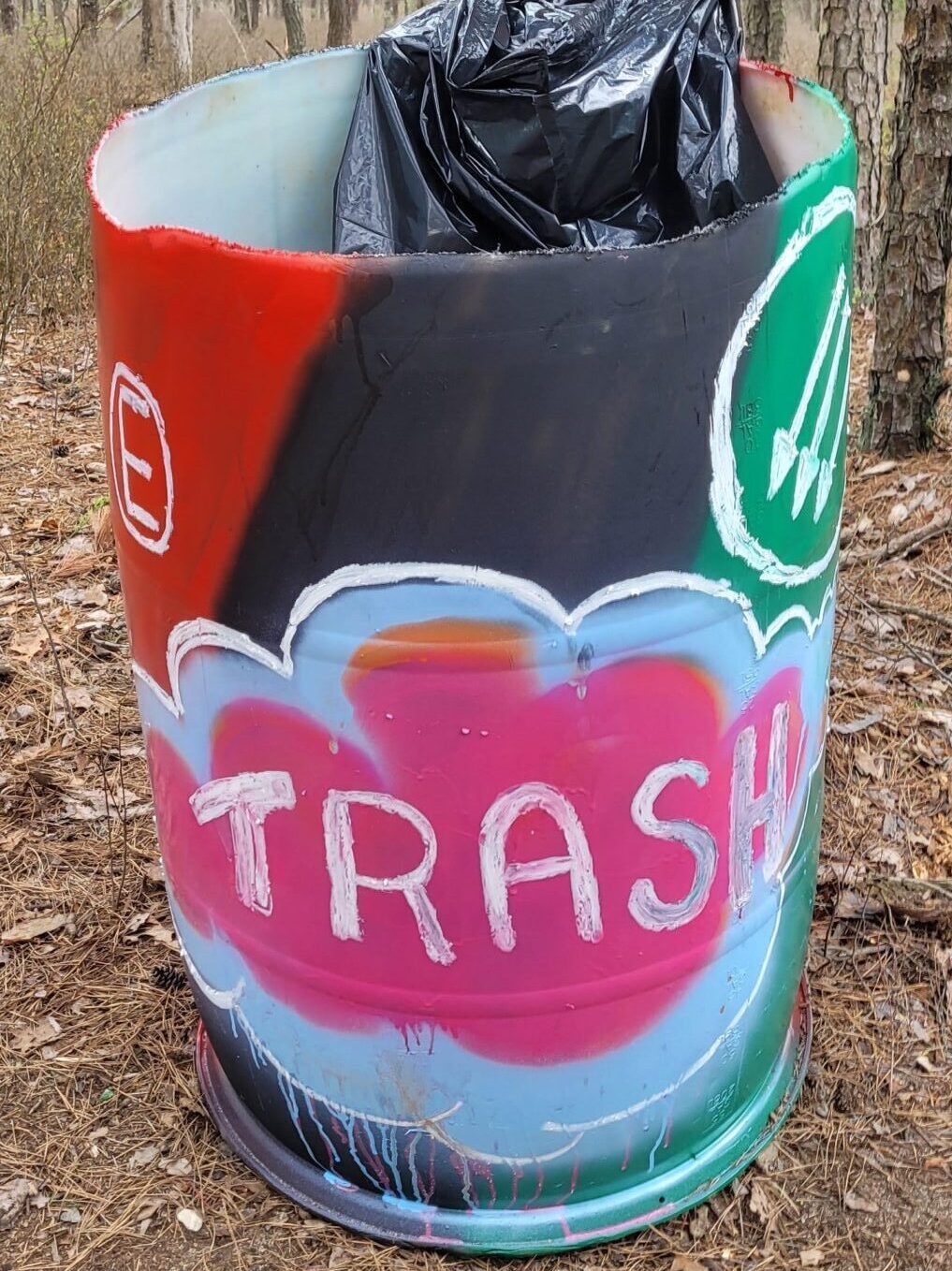Anonymous Submission to Jersey Counter-Info
Sometime in the spring of 2023, some Jersey anarchists and our comrades got together to address the pervasive issue of littering and dumping in the Pinelands. Thanks to already-existing mutual aid networks we were able to gather supplies and start collectively rehabilitating dumping spots in the region.
The Pinelands are part of Lenapehoking and were once in the care of Unami-speaking Lenape before it was subjected to hundreds of years of settler-colonialism and capitalism. And for what? The forest and land has been destroyed, dotted with reminders of long-dead munitions, glass, iron, and steel factories. Industry barons like the Whartons established massive extractive operations and company towns that put a stranglehold on the area. Now, just a few generations later they are nothing but crumbling monuments to corporate greed. The land was stolen from its traditional caretakers just to become a sacrifice zone for the state, corporate entities, and reactionary individuals. Whether it’s the military leeching PFAS into the soil and water, businesses poisoning waterways by dumping construction waste into streams, or individuals dumping personal trash, it all contributes to the destruction of the Pinelands.
We don’t have any faith that the state or capitalists are going to take responsibility for poisoning the Pinelands, so it’s up to us and every day people who respect the land to do so. While there is an overwhelming amount of work left to do, we found it pretty easy to mobilize and take action.
We started out by first doing some prep work and identified known dumping sites and the type of dumping happening at each location. (Depending on the kind of waste you are dealing with whether hazardous, medical, or construction for example, your approach, supplies, and tactics may vary). Next, we gathered needed materials and supplies for each site.
At one site, which was not frequented by the public, we filled over 15 garbage bags with dumped items and hauled away roughly 100 lbs of garbage. For this particular location we made sure to bring plenty of trash bags and wear gloves and pants as the risk of being both bitten by ticks and coming into direct contact with poison oak was high.

At another site, which is frequented by the public, we permanently installed a garbage can, a 50 gallon plastic drum, and stuffed it with bags to encourage shared community responsibility over the flow of trash.
The 50 gallon plastic drum took some prior modification to get it ready for the site however, so if you are looking to try this out this is what you will need to do: 1. Find a 50 gallon plastic drum. There are many ways to easily acquire them from liberating them from a local park to even checking dump sites as they are an item that is sometimes discarded. 2. Acquire a cordless drill to do needed modifications (most cordless drills will do the trick). 3. Drill drainage holes in what will serve as the bottom of your barrel to prevent water accumulation and stagnation. 4. If the top is still on your barrel or some trimming is needed you can use a saw to take it off (even a basic handsaw can get this done simply). 5. Find a way to secure your barrel at the dumping site. In our case we used a heavy duty ring and some other materials. 6. Decorate (if you want) and secure the barrel.



This process overall could take some trial and error but is easily replicated and can be done pretty much anywhere with a small budget. It may seem like a drop in the bucket compared to what other things that need to be done but it’s a small step toward building dual power within our communities. We hope that others will take similar action, since there is no barrier to entry, and that trying to improve our relationships to the land and to each other is worthwhile.
In the words of comrade Lorenzo “Orso” Orsetti “Every storm starts with a single drop. Try to be that drop.”
-some anarchists